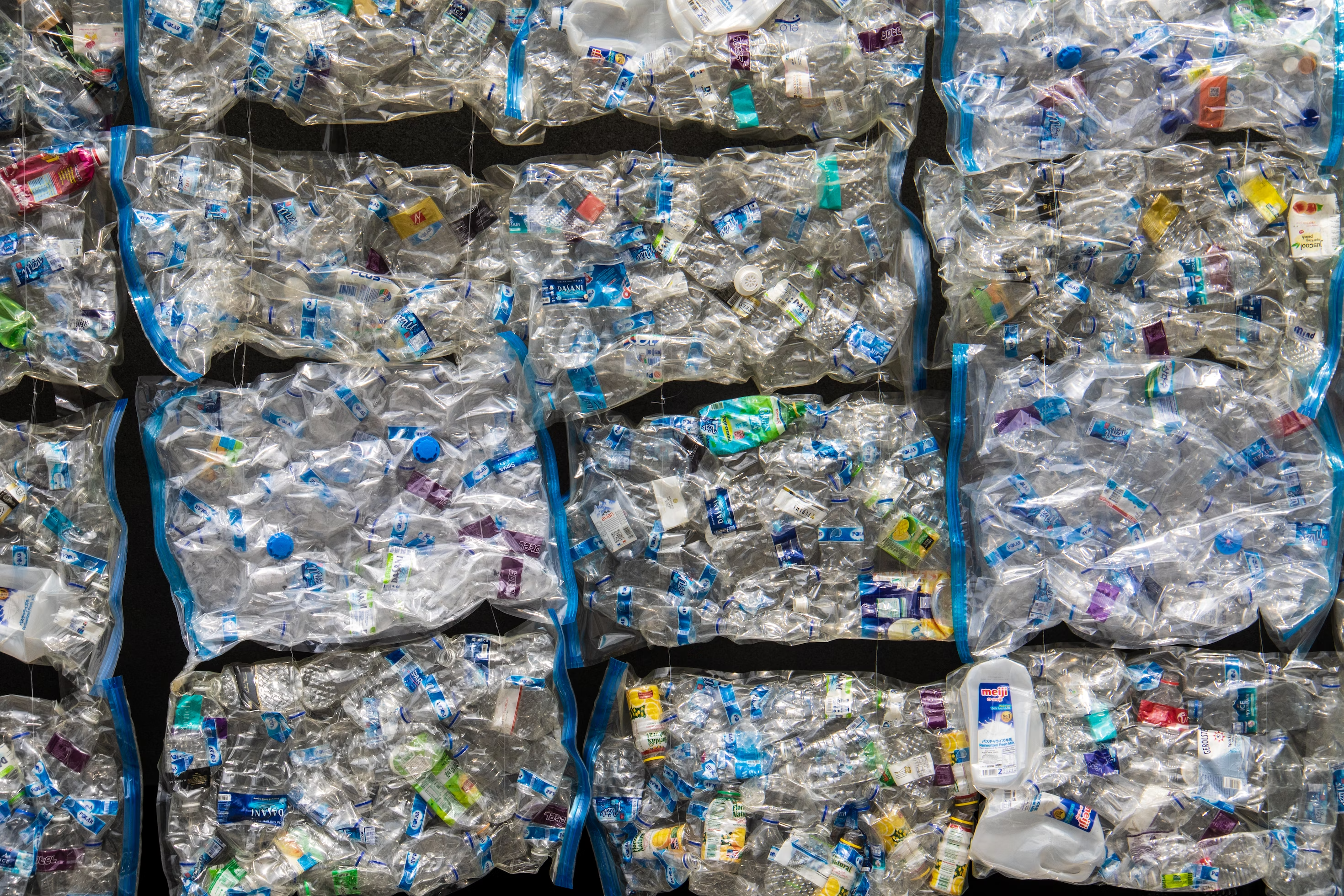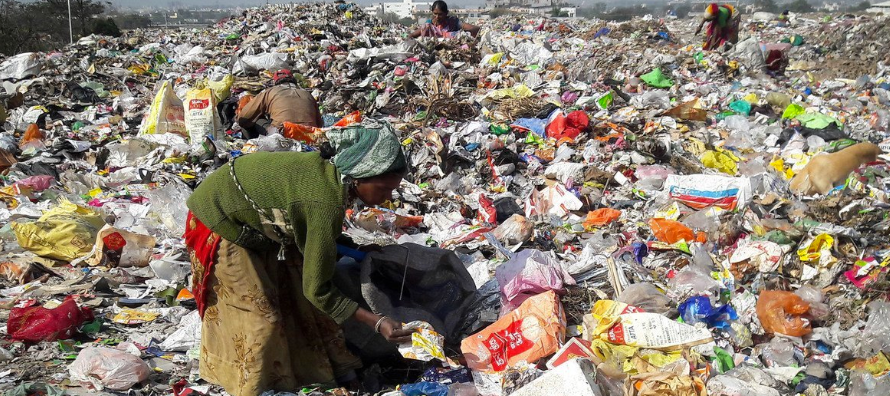
Curated Insights From Our Team
Top 9 Countries Producing the Most Plastic Waste
Here are the 9 countries with the most plastic pollution in 2021:
China - 12,272,200 tons
The plastic pollution in China is easily noticeable. They are the world’s biggest producer and consumer of plastics. More than that, plastic waste around the world ends up mostly in China since they import them to reuse it.
Importing plastic waste from exporters countries such as U.S. and U.K. provides better quality plastics than local wastes. For what purposes? China could benefit from cheap labor to profit from recycling scrap plastic to manufacture sandals, phones, bottles, hoses, and more.
Philippines - 4,025,300 tons
The consumer demand for plastic in the Philippines is due to the growing middle-class population. The increased consumer demand and strong economic boom became the stimulus for the Philippines' economy recently. Despite giving positive effects in various sectors, this results in a plastic pollution crisis.
Brazil - 3,296,700 tons
Brazil is one of the countries that discards the most waste to the sea, even from distant areas of Brazilian territory.
This is because of poor waste management as well as low recycling and reuse rates. The extremely high consumption and unsettling house without sanitation contribute to the high amount of plastic waste. A house without proper sanitation and waste collection is another point of cause.
Nigeria - 1,948,950 tons
Nigeria is in projection to produce approximately 2.5 million tons of plastic waste annually. Every year, plastic takes 15% part of the total waste generated in Lagos State. This amount will likely get worse since the population in Nigeria develops. In Nigeria, the current population is now 220 million people, and will grow up to 401 million by the end of 2050.
Tanzania - 1,716,400 tons
In 2018, the amount of plastic waste generated in Tanzania was 315.000 tonnes. In Tanzania, the number of plastic waste per capita averages around 5.6 kg/year. This amount is lower than the world average of 29 kg/year. Yet, the estimated number of plastic waste collected only reaches 34%.
You cannot find a proper disposal of waste in Tanzania, no sanitary landfills nor waste cremation facilities. Tanzania is handling 95% of plastic waste incorrectly, those that can potentially flow to pollute the oceans, rivers, and lakes.
These roots for marine debris ruin the food chain of marine species. The marine ecosystems in Dar es Salaam are under fire for marine pollution if they continue to pollute the world's oceans.
Turkey - 1,656,110 tons
Turkey has become the heart of unwanted plastics ever since China banned imported plastics in 2018. This import ban makes the largest importer of plastic waste in Europe, and the recycling industry took off from this situation. 50% of Turkey’s plastic waste imports are in Adana, South-Central Turkey.
There are about 167 licensed plastic recycling facilities in the city. Though plastic recycling industry is doing well, there are still garbage patches that are not recyclable. This type of waste will end up piling in dead zones.
Egypt - 1,435,510 tons
Egypt has a high level of marine-plastic pollution due to poor waste management. Most of the waste leaks in the Mediterranean and pollutes the ocean, rivers, and lakes. Egypt mismanages more than 2/3 of total solid waste.
They burn them, dispose of them as litter, and even leave them in uncontrolled dump sites. These wastes can induce nutrient pollution.
Dr Congo - 1,369,730 tons
Dr Congo throws away a large number of plastic materials after every single use. This indicates approximately more than 12 million people consume at least one plastic material a day. 40% of the consumption accounts for single-use plastics.
Imagine the number of waste generated each day, piling up to a very high plastic consumption per capita.
Thailand - 1,361,690 tons
Thailand has great waste management and recycling facilities. They can recycle up to 88.8% of plastic and solid waste. Despite the good recycling facilities, there are remains of uncollected plastic as well as uncontrolled disposal facilities.
They add up to an estimate of 428 kton/year. The great amount of waste that is not recyclable is the main cause of pollution in Thailand.
Indonesia sits at 14th in rank with the number 824,234. Despite the high number, Indonesia is doing well in reducing plastic consumption compared to 2016 and 2010.
PT. Mitra Utama Plastindo commits to reducing plastic waste. We manufacture plastic waste as raw materials to make a circular economy possible. Our controlled and sanitized recycling facilities contribute to lowering the amount of plastic pollution that can potentially ruin marine life.

PT. Mitra Utama Plastindo Jl. Tambak Osowilangun No. 234A, Kecamatan Benowo, Surabaya, Indonesia, 60191 Phone: +62 31-7499785 Contact: [email protected] © Copyright PT Mitra Utama Plastindo. All Rights Reserved
